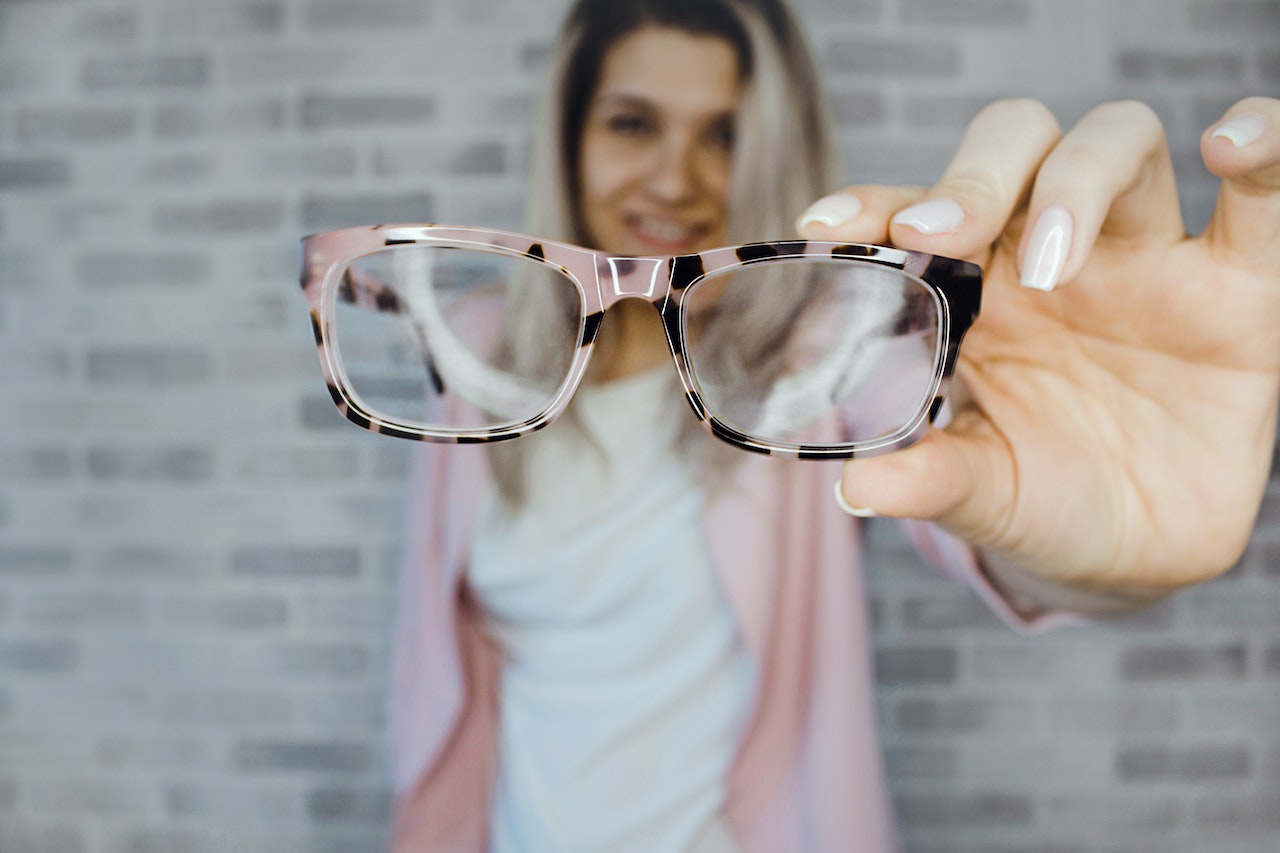If you’re like me, you put your eyes through the wringer on a daily basis. You park them in front of screens, you expose them to UV light, you irritate them with contacts, you might even smoke or skip that salad a little too often. These bad habits may not seem like a big deal now, but over time they can take a toll on your eye health. And when you’re older, jeepers creepers will you ever miss those peepers.
You can lend your eyes a helping hand by adopting healthier habits—curbing screen time, wearing sunglasses, caring for your contacts, feasting on fish and colorful veggies, seeing an eye doctor on the reg—but you can also help them out with a smart supplement regimen. Here are our top picks to help you focus on your eye health.
1. Vitamin A
When you think about nourishing your eyes, vitamin A is probably the first nutrient that comes to mind—and for good reasons! This vitamin superstar helps your retina make the pigments it needs to detect the full spectrum, allowing you to see in low light.1 It also plays an incredibly important role in keeping your cornea and other parts of your eye hydrated. Vitamin A is only found in animal products like meat, eggs and milk, but to the vegans out there, don’t stress! Your body can make vitamin A from certain plant-based carotenoids.3 And you can always take a supplement.
2. Carotenoids
Wait, caro-what? Good question. Carotenoids are a group of antioxidants—including beta-carotene, lutein and zeaxanthin—that give dark leafy greens and red, orange and yellow fruits and veggies their color. These compounds support your eyes by fending off free radicals, natural substances that can damage cells when they start to build up. This is especially important if you spend long hours in front of a screen, since all that blue light can stress your eyes, causing those nasty free radicals to accumulate.2 What’s more, lutein and zeaxanthin are actually found in your retina, where they help block out blue light to keep your eyes healthy. So next time you make a salad, toss in a few colorful eye-friendly veggies like carrots, bell peppers, kale or spinach!
3. Zinc
Zinc is a trace mineral that has gained celebrity status in recent years for its immunity benefits. What might be surprising, though, is that it plays a major role in your eye health as well. Your eyes actually contain high levels of zinc, mostly in and around your retina, where it helps to reduce age-related damage. Zinc also plays a vital role in transporting vitamin A from your liver to your retina to make melanin, a pigment that lessens the effects of blue light.4 If you’re looking to add more zinc into your diet, you can find it in chicken, beans, nuts and whole grains.
4. Omega-3s
Omega-3s are essential fatty acids that are most often linked to heart health. What’s less well known is that they also support the blood vessels in your eyes—and may have a direct impact on the tiny meibomian glands on the edge of your eyelid that make your eye’s moisture-trapping oil film.5 Since your body can’t produce omega-3s, you need to get them from your diet. Two weekly servings of cold water fatty fish like salmon or mackerel should cover you. Or, if you’re not a seafood fan, you can take a supplement.
5. Vitamin C
Vitamin C is incredibly important to your sight. It’s a powerful antioxidant that helps counteract damaging free radical activity in your eyes. It’s also key to building the protein collagen, a major component of the sclera and cornea that make up the outer layer of your eyeball. You can get high amounts of vitamin C from bell peppers, strawberries and citrus.
6. Vitamin E
Vitamin E is a fat-soluble vitamin with powerful antioxidant properties that’s believed to prevent damage from free radicals and the breakdown of fatty acids in your retina. Rich sources of vitamin E include almonds, sunflower seeds, peanut butter, spinach and beets.
About Kendall:
Kendall has a B.S. in Human Nutrition and Foods from West Virginia University and is registered as a Dietetic Technician with the Commission on Dietetic Registration. Prior to working with Persona Nutrition, she worked in the NICU at a hospital as a DTR. Her goal is to share her knowledge of health and nutrition and to inspire others to be the best version of themselves.
Do you have questions on how you may benefit from supplements? Reach out to one of our experts, or take Persona’s free nutrition assessment, and learn exactly what you need to take your wellness to the next level.

